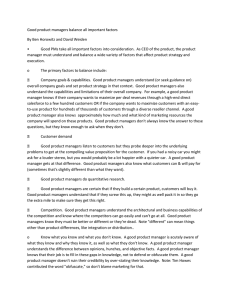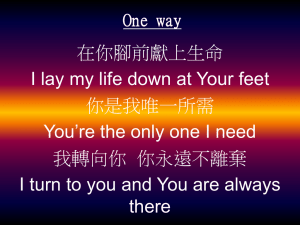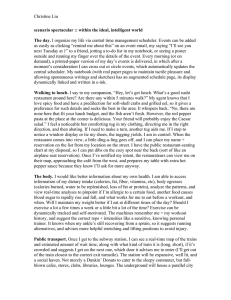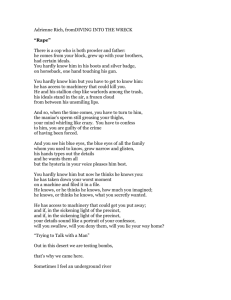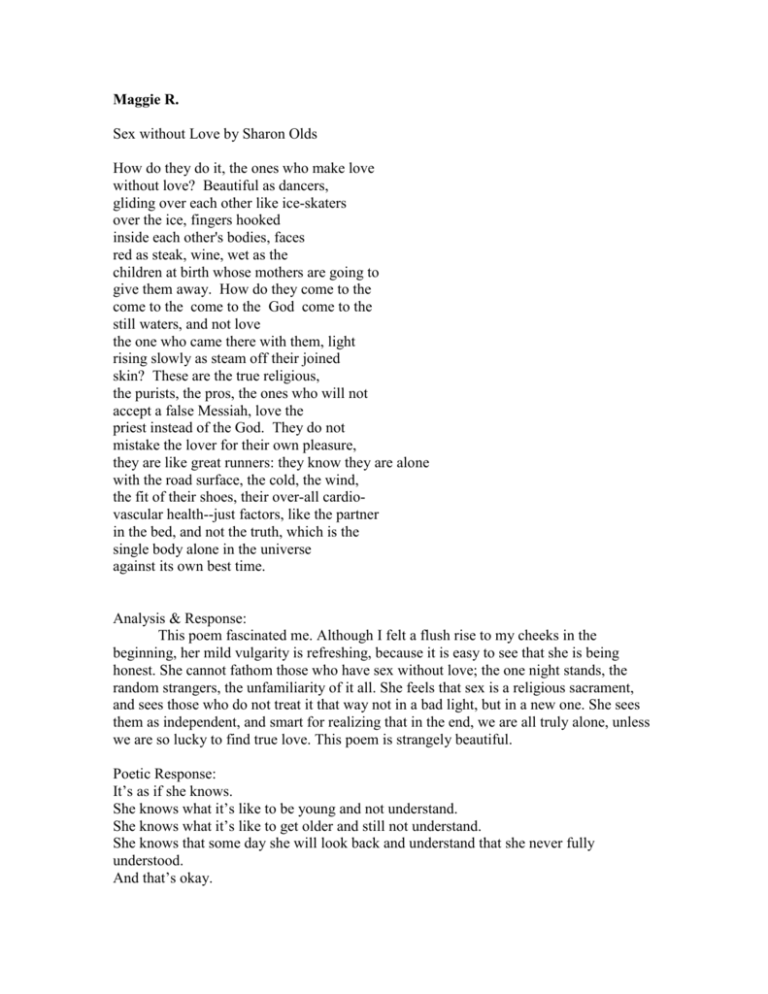
Maggie R.
Sex without Love by Sharon Olds
How do they do it, the ones who make love
without love? Beautiful as dancers,
gliding over each other like ice-skaters
over the ice, fingers hooked
inside each other's bodies, faces
red as steak, wine, wet as the
children at birth whose mothers are going to
give them away. How do they come to the
come to the come to the God come to the
still waters, and not love
the one who came there with them, light
rising slowly as steam off their joined
skin? These are the true religious,
the purists, the pros, the ones who will not
accept a false Messiah, love the
priest instead of the God. They do not
mistake the lover for their own pleasure,
they are like great runners: they know they are alone
with the road surface, the cold, the wind,
the fit of their shoes, their over-all cardiovascular health--just factors, like the partner
in the bed, and not the truth, which is the
single body alone in the universe
against its own best time.
Analysis & Response:
This poem fascinated me. Although I felt a flush rise to my cheeks in the
beginning, her mild vulgarity is refreshing, because it is easy to see that she is being
honest. She cannot fathom those who have sex without love; the one night stands, the
random strangers, the unfamiliarity of it all. She feels that sex is a religious sacrament,
and sees those who do not treat it that way not in a bad light, but in a new one. She sees
them as independent, and smart for realizing that in the end, we are all truly alone, unless
we are so lucky to find true love. This poem is strangely beautiful.
Poetic Response:
It’s as if she knows.
She knows what it’s like to be young and not understand.
She knows what it’s like to get older and still not understand.
She knows that some day she will look back and understand that she never fully
understood.
And that’s okay.
I want to believe with her.
I want to believe that love and sex are intertwined and tangled up so deeply that it is
shocking to see them apart, like a night without the stars.
I want to believe that in spirit we are never alone, but in life we are terminally by
ourselves, and that there is nothing shameful in that.
I want to believe with her because it is hard to put full faith into anything at my age.
Where is the line between trusting someone and being fooled?
It is obvious to me that she does not wish to be fooled, she wishes to be fascinated.
As do I.
Sex is not the answer to love, and she knows that; it is the fingernails with which we
break love down into tiny pieces, sometimes to be built up stronger, and sometimes to
stay forever in fragments.
I want to believe with her that love is divine.
I want to believe with her that love is unique and powerful.
I want to believe, so I do.





